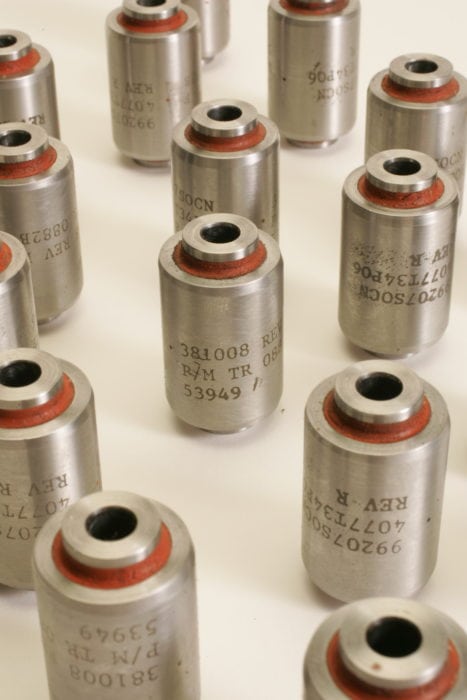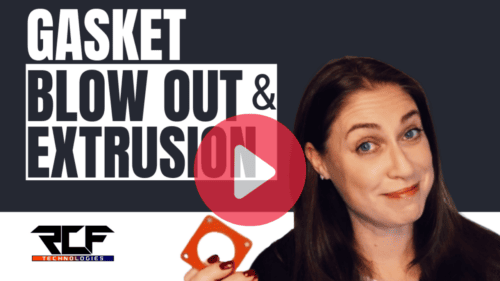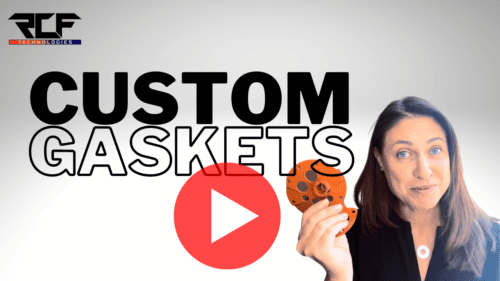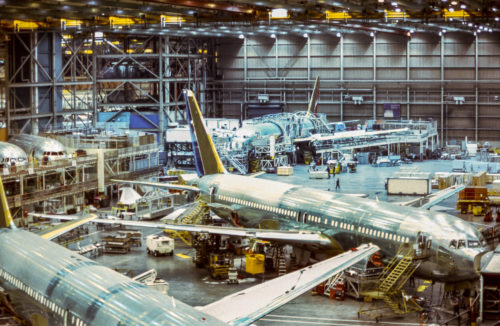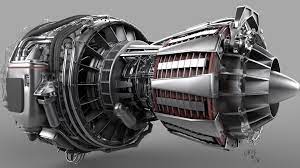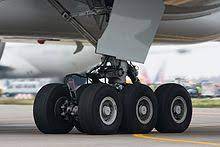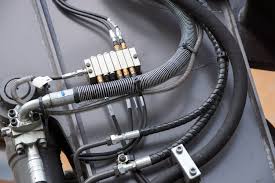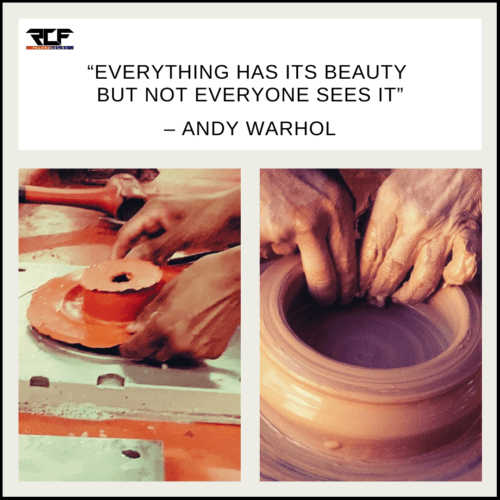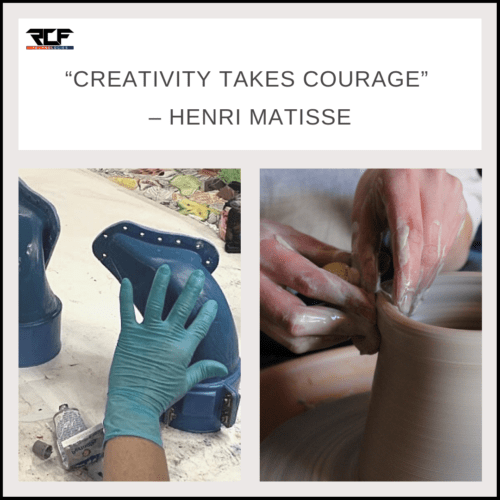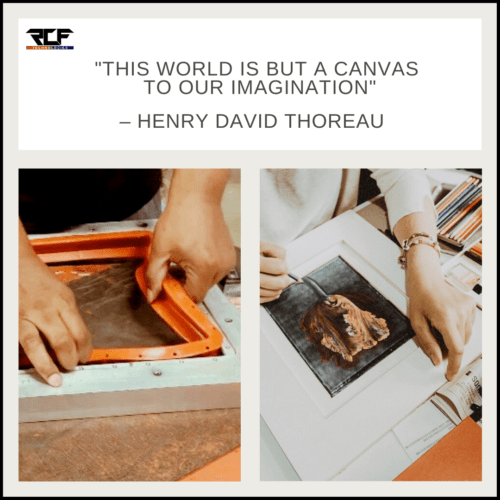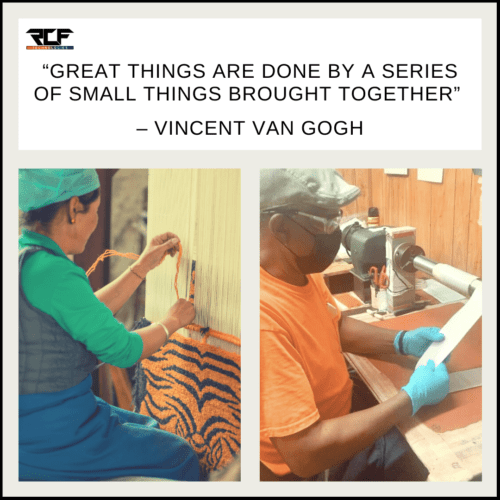RCF Technologies’ Reusable Inflatable High Temp Bladder: The Future of Manufacturing Thermoplastics
Game Changing Technology
In the realm of thermoplastic manufacturing, a significant challenge is the absence of a suitable inflatable bladder that can both meet the necessary temperature requirements as well as reliably produce geometrically complex and hollow components with high mechanical performance. This predicament has limited the efficiency and cost-effectiveness of the process. However, RCF Technologies has introduced a groundbreaking solution by developing a reusable, inflatable, high temp bladder made from Rishon® material. This innovative proprietary material, which can sustain operating temperatures up to 850ºF, is perfectly suited to function as an inflatable, reusable mandrel. This game-changing technology has the potential to revolutionize the future of thermoplastic production.

The Problem with Existing Thermoplastic Bladders
The problem with current elastomeric bladders is that they are limited to a temperature range of 500ºF and lower. And, while it is possible to find bladders capable of one-time use up to a maximum of 600ºF, they are difficult to source.
To produce an aerospace grade fiber reinforced thermoplastic tubular component today, the most common practice is to compression mold the tubes onto a male mandrel. This, however, is unreliable as applying force from the OD towards the ID often results in wrinkles. It is also slow, expensive, and requires significant capital equipment. Additionally, it can also be very challenging to extract the part from the mandrel.
Bladder molding is an attractive alternative because it allows for increased rate, reduces the effort required to create a preform, and applies force from the ID toward the OD, effectively tensioning the fibers during consolidation and thus avoiding wrinkling. Moreover, it provides a significant cost savings, especially if the bladder can withstand multiple cycles.
Introducing Rishon® Material
RCF Technologies has developed a game-changing solution by harnessing the capabilities of Rishon material. Rishon is a cutting-edge material that exhibits exceptional thermal properties, can withstand high temperatures and pressures, and is flexible and robust, thus making it an ideal candidate for manufacturing inflatable bladders. Unlike traditional methods and materials used during the thermoplastic manufacturing process, Rishon will meet the requirements without compromising its structural integrity.
The Functionality of the Rishon® Bladder
The Rishon bladder developed by RCF Technologies serves as a reusable inflatable mandrel for manufacturing thermoplastics. The bladder is inserted into the tool and then inflated to create the necessary pressure. Once inflated, the tool is heated under pressure, allowing the thermoplastic material to soften and reform. After the curing process is complete, the tool is cooled, and a vacuum is applied to pull the bladder. The Rishon bladder, having served its purpose as a mandrel, can be easily removed and reused for subsequent manufacturing cycles.
The Advantages of RCF Technologies’ Solution
The utilization of Rishon material as an inflatable bladder offers several key advantages:
Temperature Resistance:
Rishon material can withstand the high temperatures required during the curing process of thermoplastics, ensuring its longevity and reliability.
Reusability:
The Rishon bladder can be reused multiple times, reducing the need for frequent replacements and ultimately lowering manufacturing costs.
Enhanced Productivity:
By eliminating the limitations imposed by traditional manufacturing processes, RCF Technologies’ solution enables faster production cycles, leading to increased productivity and shorter lead times.
Improved Quality Control:
The use of a reliable and temperature-resistant bladder ensures consistent and precise manufacturing of thermoplastics, enhancing the overall quality control process.
A Leap Forward in Manufacturing Thermoplastics

The development of RCF Technologies’ reusable inflatable bladder made from Rishon material represents a significant leap forward in the manufacturing of thermoplastics. This groundbreaking solution addresses the temperature requirements that have plagued traditional thermoplastic bladders, offering improved efficiency, reduced costs, and enhanced reliability. As this technology continues to advance, it holds the potential to revolutionize the future of thermoplastic production, unlocking new possibilities in various industries and paving the way for exciting advancements in manufacturing processes.
For more information, contact us today!


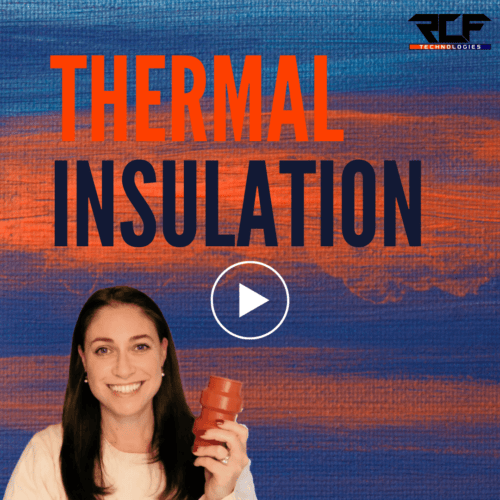

 click here for video
click here for video